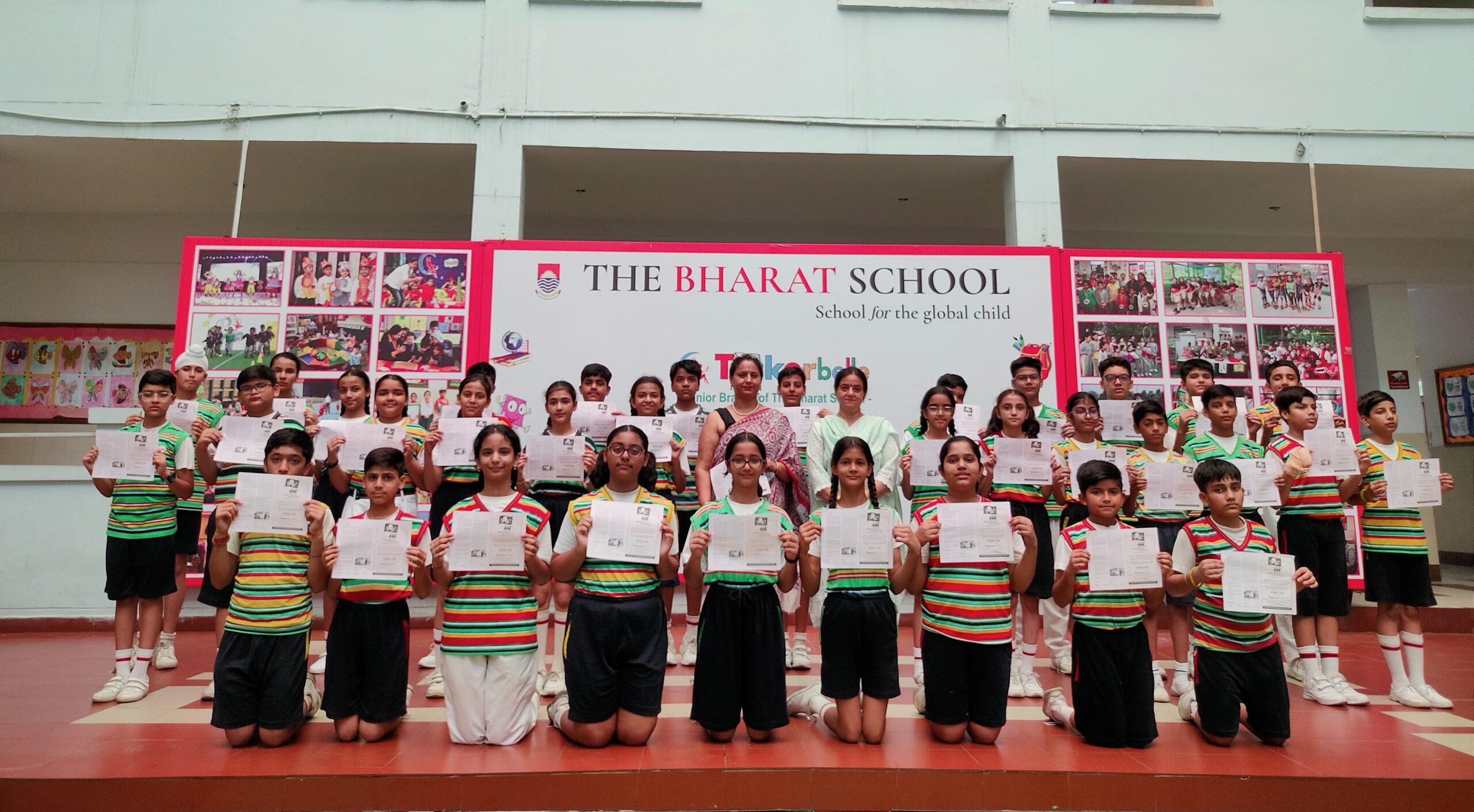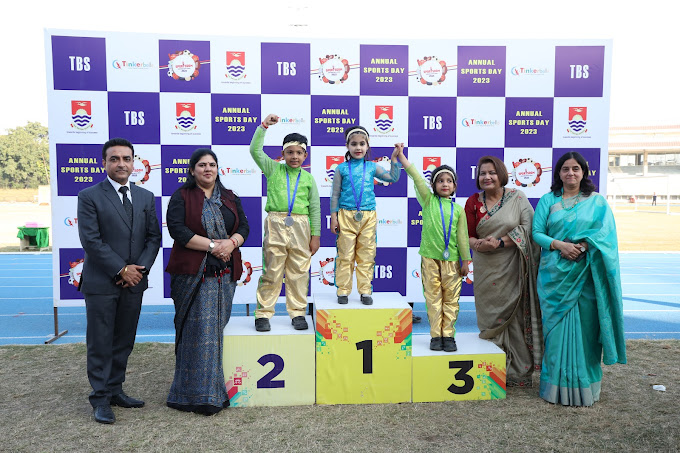In today’s competitive educational environment, parents often struggle to find a school that offers not only academic excellence but also cultural grounding. The Bharat School in Panchkula stands out as a shining example, perfectly balancing age-old Indian values with the dynamic demands of modern education.
Rooted in Tradition, Soaring into the Future
At The Bharat School, students are introduced to a curriculum that goes beyond textbooks. The school strongly believes in instilling values like respect, responsibility, and integrity, while also fostering critical thinking, creativity, and innovation.
While the school follows the CBSE curriculum, it is not limited to traditional rote learning. Instead, it incorporates interactive teaching methodologies, real-life applications, and a strong focus on life skills.
CBSE Curriculum with a Modern Approach
As one of the best CBSE schools in Panchkula, The Bharat School integrates the well-structured CBSE syllabus with modern learning tools and technologies. Smart classes, digital assessments, and AI-enabled learning modules enhance the learning experience.
What makes it different from other CBSE schools in Panchkula is the student-centric approach. Teachers act as facilitators, encouraging students to ask questions, collaborate, and explore beyond the classroom.
Cultural Activities that Foster Indian Heritage
The Bharat School organizes regular cultural events, festivals, and value-based sessions, making children aware of their roots. From celebrating Diwali with eco-friendly diyas to organizing yoga sessions and Sanskrit recitals, the school ensures students stay connected to their Indian heritage.
This balanced exposure develops children into global citizens with a strong cultural identity, a rare but much-needed trait in today’s world.
State-of-the-Art Infrastructure & Safe Environment
When you search for top schools in Panchkula, infrastructure and safety are always top priorities. The Bharat School offers:
- Digitally equipped classrooms
- Well-stocked library
- STEM labs and innovation corners
- Sports facilities for both indoor and outdoor activities
- CCTV surveillance and secure campus environment
The school provides a safe, nurturing, and stimulating atmosphere where students can learn, grow, and excel without pressure.
Skill Development & Personality Grooming
In addition to academics, the school puts a strong focus on communication skills, leadership qualities, team-building, and emotional intelligence. Students participate in various club activities, debates, field trips, and project-based learning.
The goal is to ensure that students are not just exam-ready but also life-ready.
Why Parents Trust The Bharat School
Many parents searching for the best schools in Panchkula choose The Bharat School because of its:
- Balanced curriculum
- Holistic development approach
- Qualified and passionate educators
- Focus on ethics and discipline
- Excellent academic track record
Conclusion
If you’re a parent looking for a CBSE school in Panchkula that offers the perfect mix of traditional values and modern learning, The Bharat School is your destination.
By nurturing curious minds, encouraging innovation, and celebrating Indian culture, it prepares children for success—not just in school, but in life.





